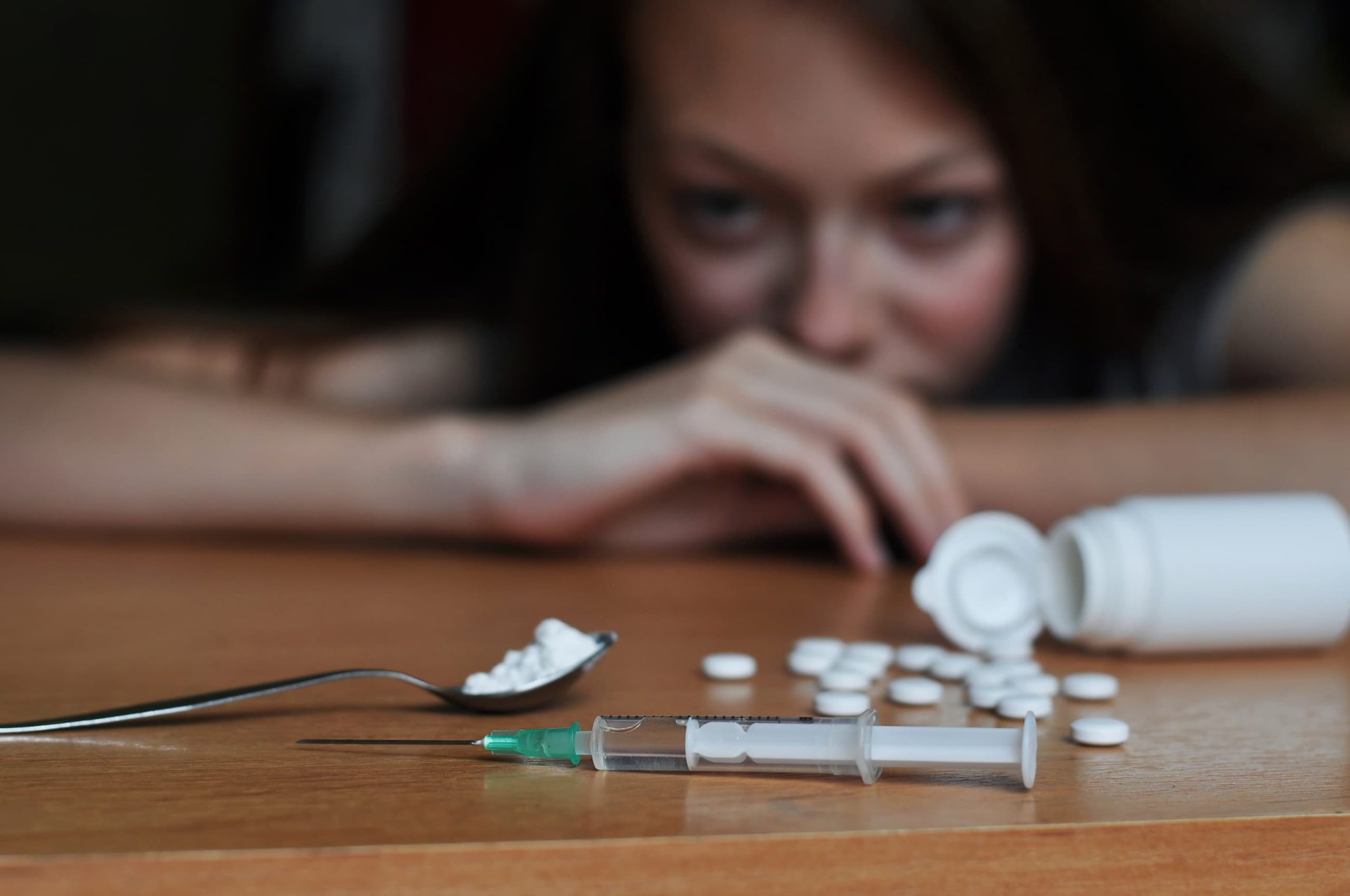

Treatment for Valium
Addiction
Although it is no longer in the media spotlight the way it once was, the word “Valium” still conjures up images of affluent, semi-sedate men and women that live in a glacial, almost trance-like world where nothing bothers them because they are too loaded up on Valium to care. For nearly two decades, during the 70s and 80s, it was promoted as the cure-all, anti-anxiety drug that would help patients cope with everything from the minor stress of an upcoming wedding to long-standing psychological anxiety issues.
Unfortunately, many people that took Valium also developed a dependency. In many cases, it silently wreaked havoc with many otherwise upstanding lives, as financially well-to-do men and women alike were prescribed increasingly larger amounts of Valium for years, courtesy of their own doctors.
Today, there is a much clearer understanding of the dangers of Valium, and the class of drugs it belongs to, benzodiazepines.

What Is Valium?
Valium, otherwise known by its generic, medical name Diazepam, falls under a class of drugs known as Benzodiazepines. This class of drugs is generally prescribed as an anti-anxiety, anticonvulsant, muscle relaxant, and in some cases, has even been prescribed to aid in the withdrawal from alcohol addiction. Of the “Benzos” generally available to the public through prescription, Valium is popular for its effectiveness and longer-lasting effects than other benzodiazepines such as Xanax or Klonopin.
Valium increases the activity of gamma-aminobutyric acid (GABA) in the nervous system; thus, patients feel less anxious and more relaxed or sedate.
Valium is classified as a “Schedule IV” drug by the United States, meaning that it is considered a relatively low risk for addiction but is also approved for various medical uses and can be legally prescribed by doctors. It was widely prescribed for many years for a host of different problems at different degrees of severity. Today, however, it’s understood that Valium addiction, despite the low schedule rating, is a genuine problem, and Valium addiction should be taken seriously.


Valium Addiction
In late 2020 the U.S. Food and Drug Administration announced that they would require labeling changes for benzodiazepines to include the risks of abuse, addiction, and detox. Benzodiazepines are commonly prescribed for generalized anxiety disorder, seizures, insomnia, and panic disorder. They can also be used as premedication before some medical procedures. Physical dependence may quickly occur when benzodiazepines are taken steadily for several days to weeks. Dependence is characterized by the symptoms of tolerance and withdrawal. Because of its powerful anti-anxiety property, it creates a general feeling of relaxation, it relaxes both mind and body. For this reason, Valium is a popular drug with people experiencing a great deal of stress since it so quickly and effectively nullifies those feelings.
The real danger of Valium addiction comes from prolonged usage. Because Valium is an anti-anxiety drug, and life generally does not suddenly stop creating stress, many people will be prescribed Valium and then take it regularly for extended periods of time (longer than four months.) Psychological addiction to Valium can occur in as little time as a week since it effectively reduces stress.
But Valium is a physically addictive drug as well, meaning that the body will actually develop a genuine craving and dependency on it once it replaces the chemicals the brain normally produces for itself. It is generally recommended that people do not take Valium for more than a few months. People who take Valium for a longer period of time may need medical supervision to stop.


Valium Withdrawal & Detox
As a person continues to use Valium, the brain will begin to adapt, creating more chemicals that may induce excitability. When a patient stops suddenly or reduces dosage too quickly, they may experience withdrawal symptoms. The withdrawal symptoms may be acute, even resulting in seizures which can be life-threatening.
Valium Withdrawal Symptoms
- Dizziness
- Cramping
- Anxiety
- Restlessness
- Depression
- Headache
- Chest pains
- Elevated heart rate
- Confusion
- Changes in your blood pressure
- Panic attacks
- Seizures
- Delirium Tremens (DTs)
- Insomnia
- Irritability
Valium Withdrawal Treatment
Some patients may require a medically managed withdrawal or detox. Detox patients will receive 24-hour care by medical professionals who will provide comfort and care in a safe setting. It is recommended that patients who experience severe withdrawal symptoms seek the advice of a medical professional as soon as possible.
Valium Addiction Treatment
Once a patient is safely detoxed from Valium, they can begin a recovery program. There are many available options, from inpatient programs to outpatient programs to peer support recovery groups. Inpatient residential care will provide patients with a 24-hour structured environment to begin their recovery program. Typically this level of care will provide patients with housing, food, and therapy services while under clinical supervision. Outpatient care will provide patients with therapy services at specific intervals. Peer support recovery groups are typically less structured. Someone in the early stages of recovery must find a program that best fits their needs.
Many patients who become addicted to Valium suffer from underlying co-occurring disorders such as anxiety or depression. Or, they may have some unresolved trauma that led them to begin taking Valium. It is recommended that these patients find a dual-diagnosis treatment facility equipped to help them identify and recover from their co-occurring disorder.

Treatment at
Beachway Therapy Center
Beachway Therapy Center offers a holistic program focused on treating patients who suffer from past trauma or who suffer from addiction and co-occurring disorders. Beachway’s Florida campus offers a safe and serene environment for patients to heal under the supervision of medical and clinical professionals.



